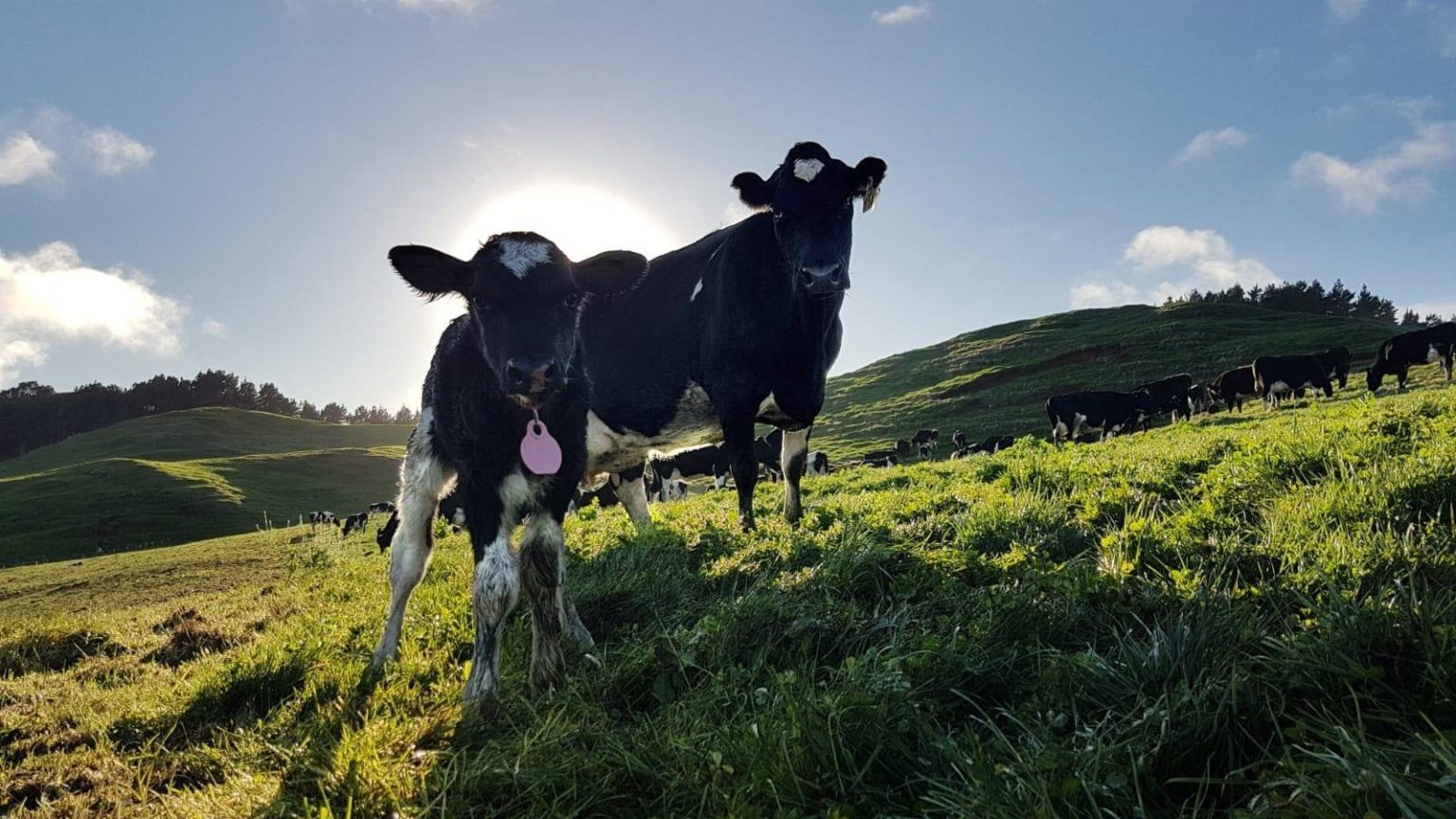The pilot trial, by CRV and LIC with funding from the New Zealand Agricultural Greenhouse Gas Research Centre, measured feed intake and methane emissions – in the form of burps – from 20 young bulls destined to father the next generation of New Zealand’s dairy cows. Phil Beatson, R&D Manager at CRV, says the programme aligns well with CRV’s aim to breed bulls that meet the future requirements of dairy farmers. “Over the past years environmental issues have become increasingly important to New Zealand agriculture and the significance of this programme is reflected by the collaboration between the two main AI companies with support from MPI, AgResearch and NZAGRC.”
Harry Clark, director of the New Zealand Agricultural Greenhouse Gas Research Centre, is delighted with the outcomes of the pilot trial. “We have been highly successful in New Zealand in breeding low-emitting sheep and this preliminary work with the bulls is a positive sign that we should be able to achieve the same for the dairy sector,” he said.
Pilot trial promising
Methane production primarily relates to how much an animal eats. The trial has accounted for this and there is still variation which suggests genetics plays a role in a dairy bull’s methane emissions – phase two of the research will collect more data to prove this. The research will now progress to a much larger study where operations have scaled up to collect measurements from 300 young bulls, the full intake from CRV and LIC’s Sire Proving Scheme.
If this genetic link is confirmed, farmers will ultimately be able to breed low methane-emitting cows from low methane-emitting bulls. Although methane emissions have been shown to be heritable, additional research is required to validate the findings. During the trial daughters from the bulls that are identified to be high or low methane emitters will be methane testing to check their emissions are representative of their father’s.
Research the genetic relationship between traits
It’s a long term project but it has the potential to deliver real benefits to farmers in the future by providing another tool to reduce their farm emissions. Mr Spelman from LIC says while breeding for more climate-friendly cows is the focus, it’s still a balancing act with other genetic traits. “It’s really important that we understand the genetic relationships between methane and traits like milk production and fertility. We don’t want to find we are selecting against methane and inadvertently breeding cows that are less fertile.”

